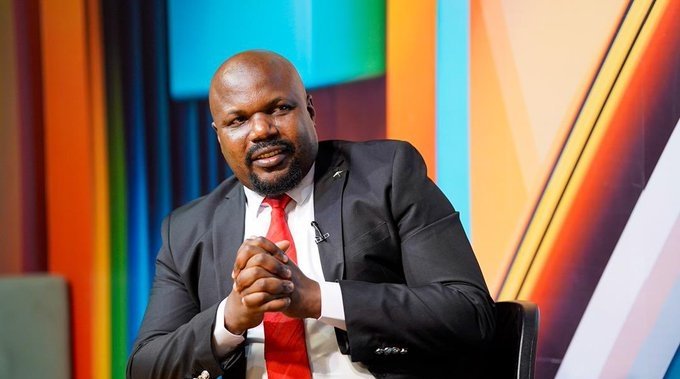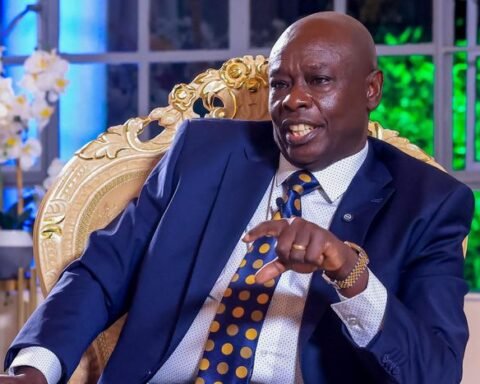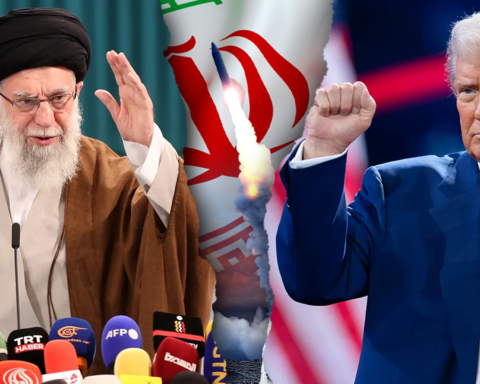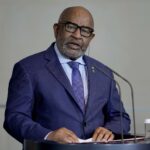A heated debate has erupted in Uganda’s political arena after presidential aspirant Mubarak Munyagwa pledged to abolish Swahili from the country’s national framework if elected, proposing instead that French be introduced as the second official language alongside English.
The statement, made during a campaign video that quickly spread across social platforms, has stirred both criticism and curiosity within Uganda and beyond. Munyagwa argued that Swahili, though widely recognized across East Africa, has limited value within Uganda’s borders, while French could open wider diplomatic and trade opportunities with Francophone nations such as Rwanda, the Democratic Republic of the Congo (DRC) and Burundi.
“Uganda should move with the times. Swahili does not serve us as effectively as French would,” he declared, insisting that adopting French would better align the country with its regional neighbors who already use the language extensively.
Swahili, however, carries a deeper cultural and political meaning in East Africa. It was officially adopted in Uganda in 2005 as part of efforts to strengthen the East African Community, a regional bloc seeking closer political and economic cooperation among member states. Supporters of Swahili argue that removing it would undermine that spirit of integration and erase a language that has historically served as a bridge across borders.
Also Read; Taliban Enforces Nationwide Internet Blackout in Afghanistan
Linguists and educators have also raised concerns about the practical challenges of such a shift. Introducing French nationwide would require overhauling school curricula, retraining teachers, updating government documents, and revising public signage—an expensive and time-consuming undertaking. Moreover, Swahili is already spoken informally in markets, border towns, and by sections of the security forces, making it a practical lingua franca in daily Ugandan life.
Critics see Munyagwa’s plan as politically risky and culturally insensitive. Some observers describe it as a populist move aimed at drawing attention rather than a realistic policy blueprint. Others argue that French, while influential across Africa, is itself a colonial language whose dominance in many countries is being questioned as nations seek to embrace indigenous and regional languages.
The government has yet to respond officially, and the East African Community has not issued a statement on the matter. Civil society groups, however, have urged caution, emphasizing that language is not only a tool of communication but also a carrier of history, culture, and unity.







